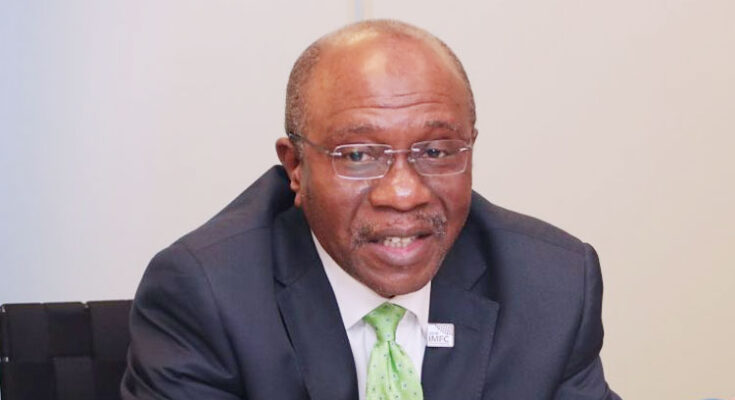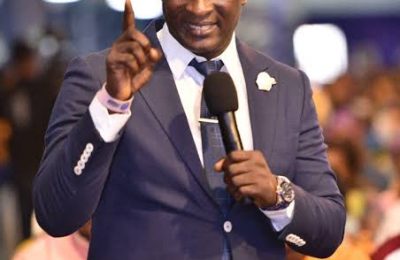

A Federal High Court in Abuja has declined an application seeking to halt the new cash withdrawal policy of the Central Bank of Nigeria (CBN).
The applicants, numbering about 10, had on behalf of themselves and 20 million unbanked Nigerian citizens, sued President Muhammadu Buhari, Abubakar Malami, the Attorney-General of the Federation; CBN, and its governor, Godwin Emefiele, over the cash withdrawal limit and the new currency redesign.

The applicants prayed the court to grant injunctions restraining the respondents from proceeding with the January 31, 2023 deadline on the use of the current N200, N500 and N1,000 notes.
READ MORE: CBN Limits ATM, POS Withdrawals To N100,000 Weekly, N20,000 Daily For Individuals
They argued that there is no “realistic plans or workable guidelines to cover the over 20 million unbanked Nigerians who are vulnerable to information and the use of technologically-driven platform without the possibility of financial inclusion”.
The plaintiffs also asked the court to grant another injunction restraining the respondents from implementing the revised cash withdrawal policy, which limits the maximum over-the-counter (OTC) cash withdrawal by individuals and corporate organisations to N100,000 and N500,000 per week, respectively.
According to the plaintiffs, the new policy constitutes a flagrant violation of their fundamental rights as guaranteed under the 1999 constitution as well as the African charter on human and peoples rights (ratification and enforcement) act.
They also asked the court to grant an order for accelerated hearing and also an order for substituted service on the parties.
The applicants further prayed for the order of court mandating the CBN to produce a detailed plan and guidelines covering the over 20 million unbanked citizens who are vulnerable to the use of telecommunication and technologically-driven money platforms.
After listening to their submissions, Sylvanus Oriji, a judge, refused to grant the prayers for injunction.
Ruling on the application, Oriji rather directed that all the respondents be put on notice to come and show cause why the order for injunction should not be granted against them.
Subsequently, the judge adjourned the matter to January 10, 2023 after granting orders for accelerated hearing and substituted service.








